What it means to be a ‘Jew of No Religion’ — it’s not what you think
I’m thrilled that atheist/agnostic, nonreligious Jews like me seem to be growing in numbers. I’m concerned, though, that our full set of values is not made apparent by the new Pew Research survey of American Jews.
Pew splits the community between “Jews by Religion” and “Jews of No Religion.” It suggests an increase among Jews of No Religion to 27 percent of all Jewish adults, up from 22 percent in their 2013 survey, with a whopping 40 percent among Jews ages 18-29.
I was not surveyed. But had I been, I would’ve had a tough choice with the screening question used to make that determination. Pew asked, “What is your present religion, if any?”
I’m strongly Jewishly identified and want to be counted as a Jew. But I’m equally vocal about my atheism and humanism, and in some ways, those are the more marginalized identities in American society and need greater representation. Had I checked “atheist,” I certainly would have answered affirmatively to the follow-up question, “Aside from religion, do you consider yourself Jewish in any way (ethnically, culturally, family background)?” A yes to that would’ve included me among Jews of No Religion.
Unfortunately, most of the questions posed by this survey will portray Jews of No Religion as “less than,” when compared with Jews by Religion. On average, Jews of No Religion are less Jewishly educated, less synagogue affiliated, less ritually practicing, less emotionally attached to Israel, place less emphasis on being Jewish or belonging to the Jewish people, care less about having Jewish grandchildren, and have fewer Jewish friends than Jews by Religion.
This narrative of “less than” emerges because Pew only measured activities and values cared about by the organized Jewish community and not necessarily by the broader Jewish population.
For example, one question not asked is how strongly Jews believe in the universal equality of all people. One indicator that Jews of No Religion would average “more than” Jews by Religion on universalism is the way we enact that value through our family configurations: Nearly 80 percent of married Jews of No Religion are intermarried (married to spouses who aren’t Jewish), and nearly 60 percent of Jews of No Religion were raised by intermarried parents.
As an intermarried Jew, I see universalism as a positive value. Most of the organized Jewish community is not universalist in approach, though, it is particularistic. And thus, the conflicting narrative.
I’m strongly Jewishly identified and want to be counted as a Jew. But I’m equally vocal about my atheism and humanism.
Pew found the individual rate of Jewish intermarriage remaining at a sky-high 72 percent of non-Orthodox Jews over the past decade. While the report does not share the outcome of such a rate, the result is that today in America, among households with at least one married Jew, there are hundreds of thousands more intermarried than so-called “in-married” (two Jewish spouses) households. A case can therefore be made that universalism is a Jewish value! Which may be one reason why affiliation rates with synagogues and other Jewish organizations remain low. Can the organized Jewish community better appeal to Jewish universalists?
Diversity is another value I believe in. Along with being religiously intermarried, I’m interracially married; my wife is from Japan and our kids are mixed race. While the American Jewish community is still overwhelmingly white, Jews of No Religion are more than twice as likely as Jews by Religion to live in multiracial households. That’s something to celebrate! Jews of No Religion also have twice the rate of LGBTQ+ individuals than Jews by Religion.
While demographic studies can’t measure such things, I’m confident that Jews of No Religion are living their lives just as ethically as Jews by Religion. The great challenge to all religions in our increasingly secular world is the growing recognition that being religious doesn’t automatically make you a better person (and neither does being atheist).
We know that Jews don’t need religion to be good, because the Pew survey demonstrates that even among Jews by Religion, religious belief is significantly weaker than Americans in general. Pew asked whether you believe “in God as described in the Bible,” and only 33 percent of Jews by Religion said yes. While most Jews do believe in some “other higher power or spiritual force,” if that force is not a God that makes specific commandments about how to behave, why are most Jews good? I’d argue it’s their humanistic values, even if they’ve never heard the word humanist before.
It’s humanism — the innate human ability to make decisions based on reason, knowledge, empathy and consideration for what’s best for most people — that fosters the liberal political approach among most American Jews. For example, Jews overwhelmingly support gay marriage and LGBTQ equality. That was not dictated to us from on high, and it wasn’t even the case a few decades ago. It is because of our growing humanism and despite our religious tradition that Jews have come to those conclusions.
So then why still be Jewish at all? That’s the question that some Jews of No Religion already have clarity about, with our continued Jewish identity and participation. For me, it’s about empathy fostered from being part of an at-times marginalized minority, even as I benefit from unsought white privilege. It’s about knowing where I fit into the grand timeline of human history, and a fascination with the unique Jewish story. And it’s about family and celebration.
The organized Jewish community could be providing this and more to the Jews of No Religion it currently is not reaching, but first there must be a recognition and acceptance of the different — yet equally valid — set of values we hold. We’re not “less than.” Our differences can be celebrated equally, if only the communal umbrella were stretched wider.


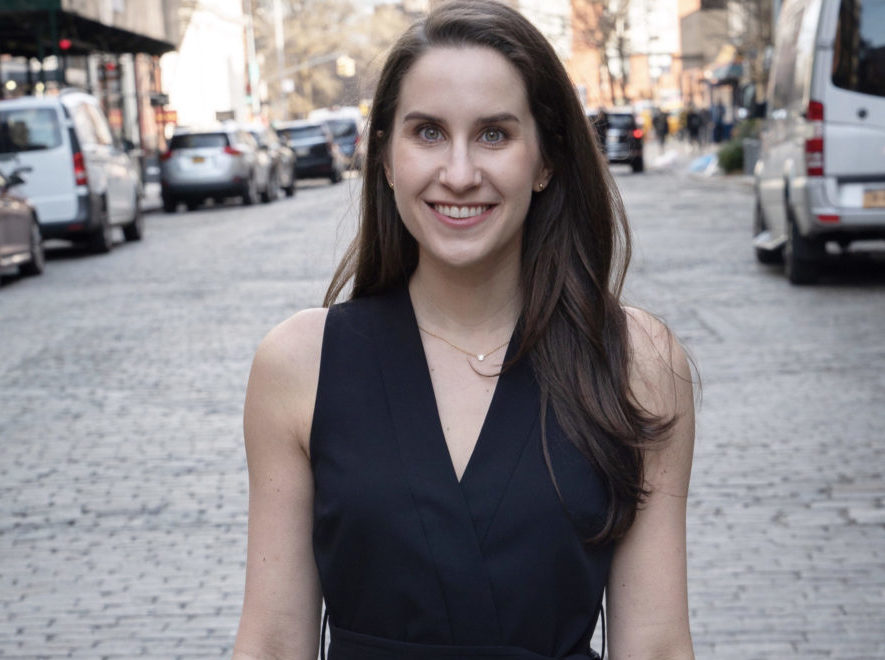

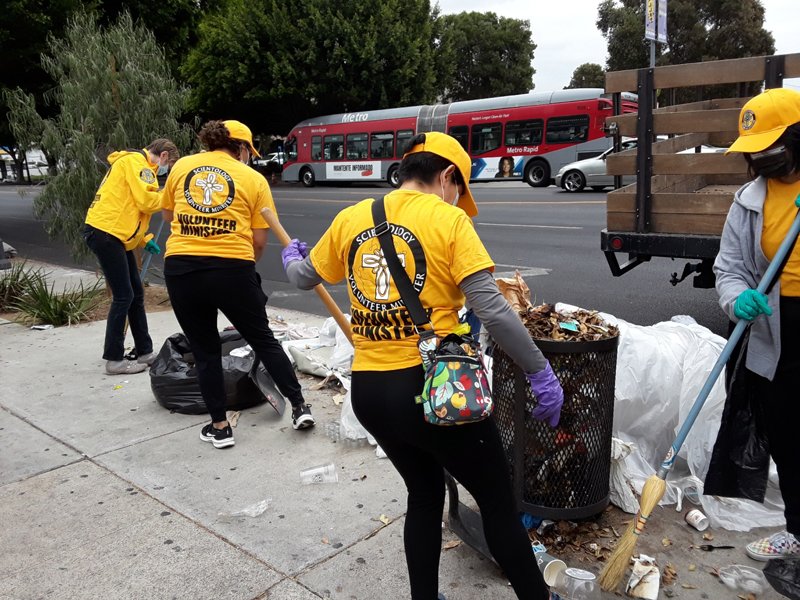
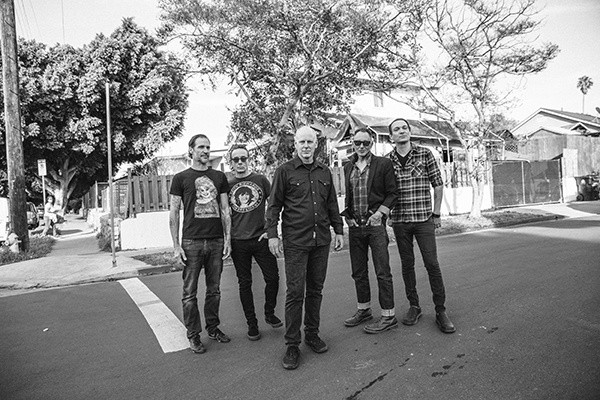
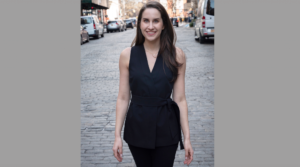
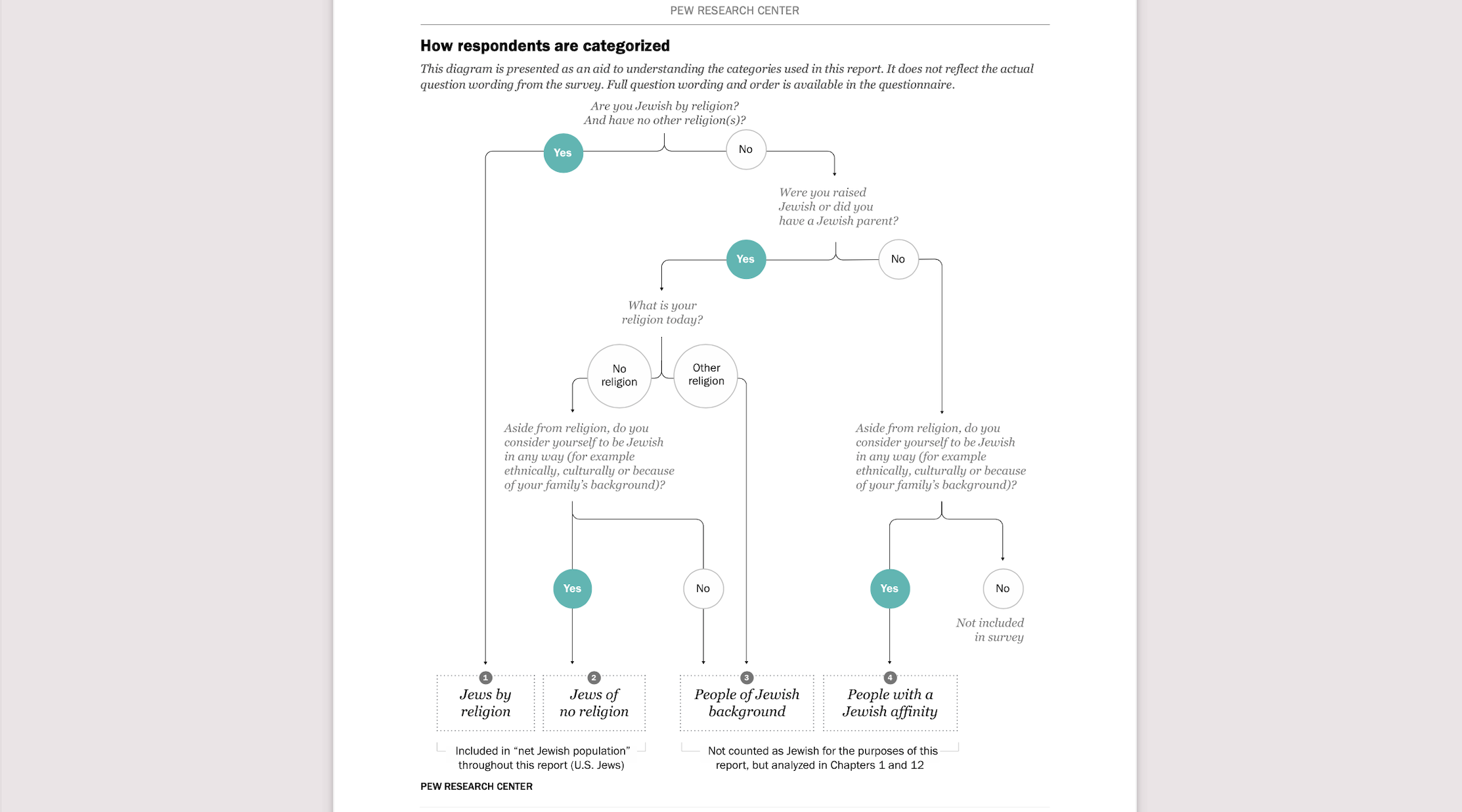
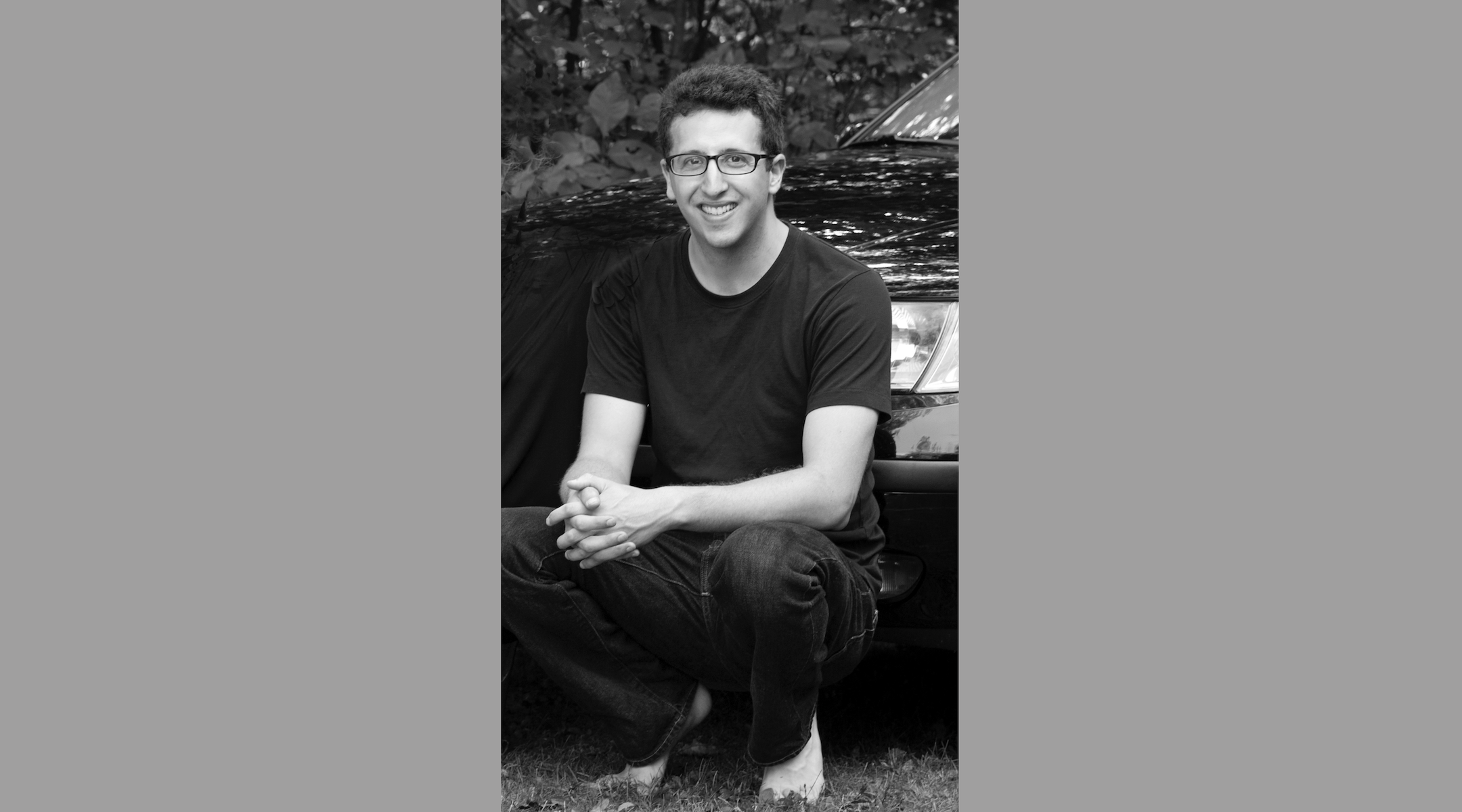

 Laxmi Narayan Mandir and Aqsa Manjid in Somsons colony of Malerkotla, share a wall. (Express Photo)
Laxmi Narayan Mandir and Aqsa Manjid in Somsons colony of Malerkotla, share a wall. (Express Photo)